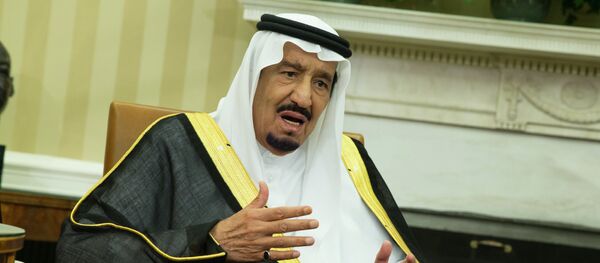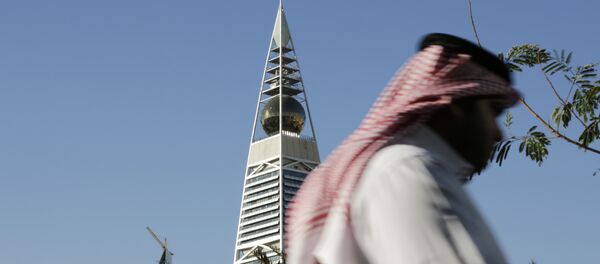The Kingdom’s public finances have suffered this year from fallen crude oil prices, on which the Saudi economy is highly dependent.
Some 12% of the Saudi workforce have jobs in the public sector, 2014 figures show.
Saudi — first signs of impact of crude prices falling — living for free economy ending — sign of times to come? Turbulence ahead #Middleeast
— Akshay Jalan (@jalan_akshay) September 28, 2015
“There has been a lot of lax fiscal discipline,” Steffen Hertog, associate professor at the London School of Economics, told the Guardian. “During the boom years there was a sense that money was endless. There has been significant overspending on all the national budgets from the early 2000s on, on average around 15% of the planned budget, and now the message is they won’t have that anymore.”
Who ever thought one day Saudi Arabia would issue bonds to sustain their economy, diversification has truly gone bad.
— يوسف الذوادي (@YousifAlThawadi) September 28, 2015
According to the International Monetary Fund (IMF), the desert kingdom is expected to end the year with a budget deficit of 20% of gross domestic product. The IMF also reported that Saudi Arabia’s economic growth is expected to slow in the next few years, as the government is forced to reduce spending.
An oil Baron on #radio4 "as soon as we invent a proper battery, the oil industry is over"….Saudi will return to a goat economy. Good 👏
— OWDBUM™ (@owdbum) September 29, 2015
As recent reports by Bloomberg point out, Riyadh has pulled no less than $70 billion from global markets. Further, the Arab world’s largest economy is expected to cut its investment spending, estimated at $102 billion, by at least 10% in the near future.
IMF: Est. Saudi Arabia debt-to-GDP may rise from <2% in 2014 to 33% in 2020, as oil accounts for 90% of its revenue. pic.twitter.com/pGh6rPoDQr
— Mark Constantine (@vexmark) October 8, 2015




